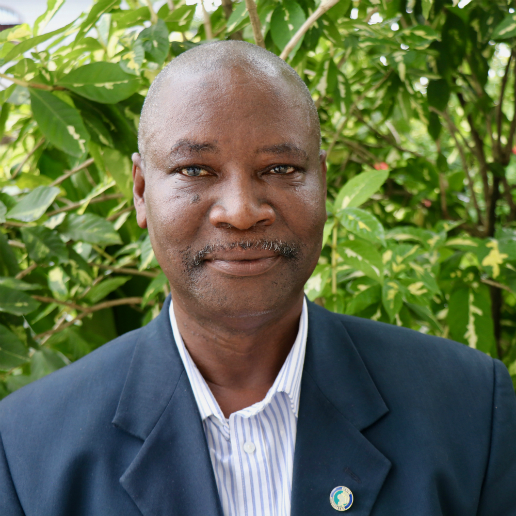NEWS
July 12, 2018

IN BRIEF
By Anthony K. Selmah, COO, Accountability Lab Liberia The implementation of Action Plans during political transitions in Africa has often been hampered by a lack of understanding of the objectives of open governance and the benefits of improving systems, procedures, and processes that work for the good of citizens. Liberia, for example, became part of the Open Government Partnership (OGP) in 2012. This became possible because Africa’s first female president, Ellen Johnson Sirleaf, committed her government to upholding all international treaties promoting good and open governance. In the first five years of membership, a number of steps were taken, including building [...]
SHARE
By Anthony K. Selmah, COO, Accountability Lab Liberia
The implementation of Action Plans during political transitions in Africa has often been hampered by a lack of understanding of the objectives of open governance and the benefits of improving systems, procedures, and processes that work for the good of citizens.
Liberia, for example, became part of the Open Government Partnership (OGP) in 2012. This became possible because Africa’s first female president, Ellen Johnson Sirleaf, committed her government to upholding all international treaties promoting good and open governance. In the first five years of membership, a number of steps were taken, including building out an open budget initiative, training and deploying 35 Information officers in government ministries and agencies across the country to handle information requests, and efforts to publish revenues from the extractive industry. This progress was led by the Ministry of Information, Cultural Affairs and Tourism (MICAT) and a committed group of civil society organizations. In 2017, we hosted OGP CEO Sanjay Pradhan and a team from the OGP Secretariat, who further generated buy-in for the process.
In January 2018, Liberia witnessed a political transition, which brought the George Weah government to power. The challenge has been maintaining progress against this backdrop of changing politics, personnel, and priorities. For example, the 73 elected members of the National Legislature are either entirely new to the workings of government, or relatively new to the ideas and concepts of open government. Some of these new entrants see OGP and the Action Plan developed by the previous administration as a legacy of the previous government, and as such, something that should be left aside as a new agenda is introduced. Very few, if any, discussed open government in their campaigns, and in this immediate post-election period, they are focusing on how best to deliver on promises they made to their constituencies.
At the same time, because of electoral delays in Liberia, the handover process from the previous administration to the current government was not as seamless as it could have been – handover notes were not always complete; connections between incoming and outgoing staffers were not always made; and discussion about how best to leverage initiatives such as OGP was absent.
None of this is to suggest that OGP cannot continue to provide a critical framework for more open governance in Liberia. The key now is for the government and civil society to work together to put in place the key structures that will support continuity. We can do this in three key ways.
First, the government needs to show commitment from the top-down – indicating buy-in to OGP and modeling behavior. The President should make a clear statement in support of the initiative, encouraging all key ministries to support commitments. The responsibility for OGP is currently with MICAT, and it is essential that the new Deputy Minister in charge of the initiative is given the political cover he needs to push it forward.
Second, MICAT itself requires additional resources and mandate to push OGP forward. Previously the ministry often found it difficult to coordinate other ministries as part of the process and lacked the funds even to provide refreshments at OGP meetings. If the responsibility for the initiative is to remain with MICAT, it requires a clear mandate which can be used to ensure buy-in from other agencies within government, resources to coordinate the OGP process, and support from partners – within Liberia and the donor community – to deliver on commitments. A key counterpart or OGP point of contact with the President’s office would help this process along.
Third, the national legislature needs to be better engaged in the OGP process. Lawmakers should be briefed by key staff within MICAT who understand the progress to date, and civil society organizations within the OGP coalition can continue to develop creative advocacy campaigns to ensure that these elected representatives understand why and how OGP aligns with their campaign promises. We have begun mapping which lawmakers indicate value alignment with OGP and hope to build a caucus to ensure political support over time.
Now is the time for Liberia to build on all of the great progress made to date with OGP. President Weah has called for a “Pro-Poor” agenda – and there is nothing that would better support poverty alleviation than a more open, transparent government. During the OGP Summit in Georgia, we Liberians are hoping we can learn how to make sure that political transitions do not signal the end of OGP, but just the beginning.
This article was posted on www.opengovpartnership.org on July 9th.
